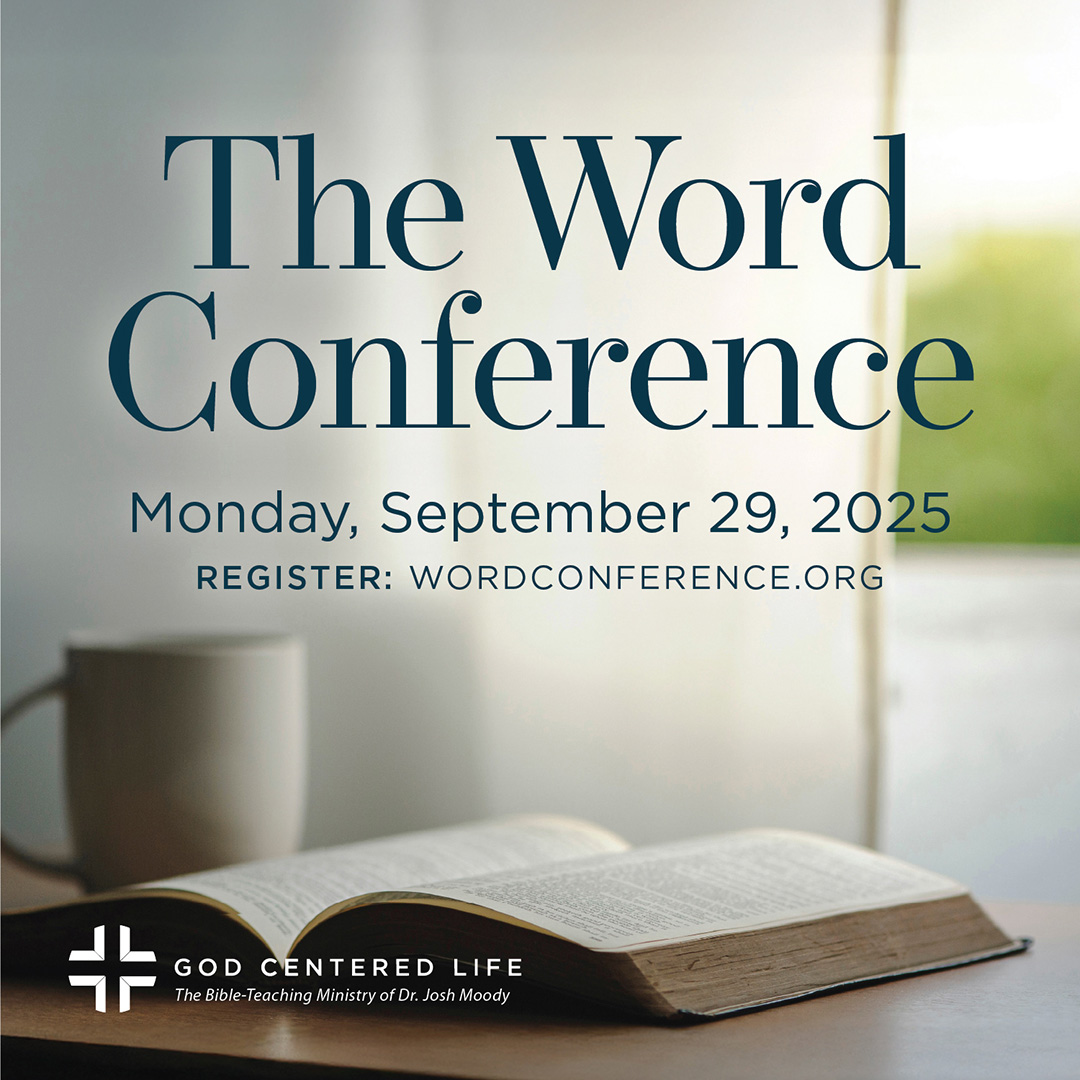John 5:1-15: Sin No More
October 15, 2025
TODAY'S BIBLE READING:
Jeremiah 39-43, Ecclesiastes 12, John 5:1-15, 1 Peter 1:17-25
John 5:1-15:
It’s feast time (John 5:1), but in the midst of this feast there is profound suffering (John 5:3). How often is this the case! While celebration mounts, pain increases; while parties abound, panic shouts; while the affluent indulge, the afflicted are rejected. Notice: Jesus “saw him.” Oh, afflicted one, Jesus sees you! He is not ignorant of your difficulties, blind to your tears. He keeps your tears in a bottle (Psalm 56:8). He knows, he sees. You can trust him for a good plan, despite evil. In this world we will have trouble, but he has overcome the world!
The man who was lying there had been an invalid for 38 years. No short amount of time was this. What is more, he had no one to help him attend the rudimentary, perhaps superstitious, medical treatments on offer in that place at the pool of Bethesda. Maybe his personality had alienated his friends; maybe the length of his illness had turned away his Job’s comforters. We do not know. But we do know he was alone, and suffering.
Jesus asks him the great question: do you want to be healed (John 5:6)? How could he have wanted anything else other than to be healed! But the question elicits the requisite faith. Sometimes a wise pastor will ask a question that can draw out of the soul, the work of the Spirit: do you want to be rid of your sin? Do you really, truly, want to be holy? Do you want to see this city won for Christ? Do you want to see revival? We can sometimes hide our wants behind our cynicism, until we find that a question draws up a desperation to honor God otherwise hidden beneath the folds of our calloused hearts.
Note how Jesus healed. Immediately! There is no need for special music, the right atmosphere, or any of the other paraphernalia of modern so-called “faith healers.” When Jesus heals, it is at once, and complete. The Jews, that is the Jewish leaders, or the Jews in opposition to Jesus (obviously, Jesus himself was a Jew, and also his disciples at the time were Jews as well)—the Jews complain because this healing occurred on a Sabbath (John 5:10). They had taken that which was meant to bless man (a day of rest) and turned it into that which oppressed man (a day when healing could not take place).
How easy it is still today for a legalistic spirit to enter into well-intended rules and turn them into burdens! The awe-filled quiet of a sanctuary listening to God’s Word should not become a barrier for a person exuberantly weeping for joy at discovering Christ in that sanctuary. The ten percent tithe rule should not become a barrier to giving exuberantly and generously above and beyond such a rule.
They investigate the healing. The man does not know who healed him. Then Jesus finds him again, and tells him to “sin no more.” Not all afflictions are the result of an individual’s personal sin (though all suffering is a result of the fallen nature of our world). But in this instance, his affliction was related to his personal sin. This is why Jesus warns him to “sin no more” (John 5:14).
Sometimes we suffer because we do not treat our bodies as the temple of the Holy Spirit. We eat too much or drink too much or smoke or do not exercise. Sometimes we have relational problems because we are an angular personality, lacking in gratitude and sweetness. Do not blame God for your personal errors, certainly not for your individual sins. Instead, when God is merciful and redeems you, learn to “sin no more.”
That he had not learnt his lesson is suggested by the fact that he then went and told the Jews that Jesus had healed him (John 5:15). Perhaps he did not understand the ramifications of this disclosure. But at any rate, the consequence was that they began to persecute Jesus. If Jesus was so treated by religious authorities, we followers of Jesus may from time-to-time also be so treated. Do not be surprised, but also do not avoid utilizing legitimate means of defense.
Jesus answers their accusation that he is breaking the Sabbath with an unanswerable syllogism: “My Father is working until now, and I am working” (John 5:17). While it is true that in one sense “God rested” from his work of creation on the Sabbath, in another sense (of course) God never stops working. If God ceased to exist, all of reality and human and animal and mineral existence of every kind would cease to exist. God upholds the universe constantly by the power of his Word. In this sense, God is always working, and so, says Jesus, he, the Son of God, is also working.
We should not make our Sabbath principle for a “day of rest” mean that we cannot do good to those who need it. And we can find here encouragement to be able to answer our accusers with a wise retort—cunning as a serpent, and innocent as a dove.
ABOUT THE AUTHOR
Josh Moody (Ph.D., University of Cambridge) is the senior pastor of College Church in Wheaton, IL., president and founder of God Centered Life Ministries, and author of several books including How the Bible Can Change Your Life and John 1-12 For You.
WANT MORE?
To receive God Centered Life devotionals directly in your inbox, as well as other resources, enter your email address in the form at the bottom of this page and click "subscribe."


